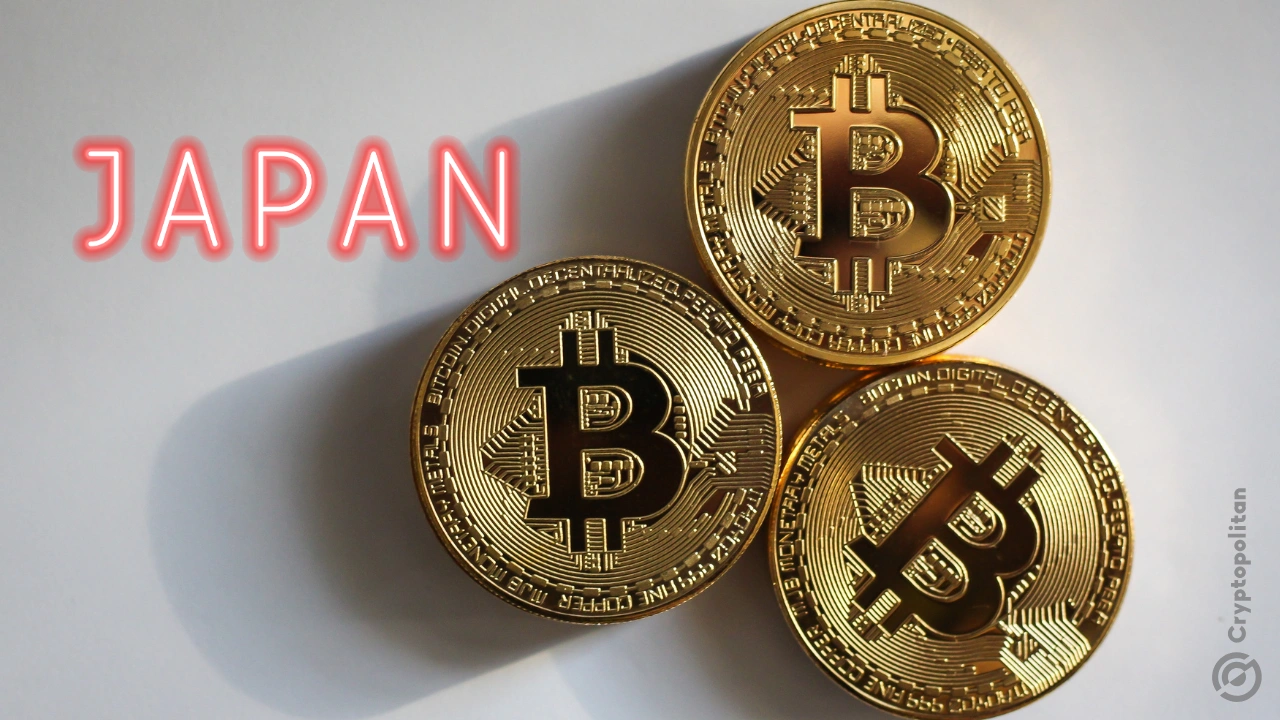
As 2024 draws to a close, this year’s massive $305 million DMM Bitcoin leak is still generating panic in Japan. In an effort to tighten up internal auditing procedures for financial institutions, the country’s regulator (FSA) will hold a roundtable in 2025 featuring participation from the Japan Virtual and Crypto assets Exchange Association (JVCEA).
Japan’s Virtual and Crypto assets Exchange Association (JVCEA), a “self-regulatory” industry group promoting the advancement of regulated crypto businesses in Japan, will participate in a Financial Services Agency roundtable on January 25 next year, according to local media.
In the wake of this year’s DMM Bitcoin “leak” incident in May, which is said to have cost the group $305 million in BTC, the regulator is looking to hold a “Roundtable on Advanced Internal Audits of Financial Institutions.” Joining other more mainstream financial groups will be the crypto (relative) newcomer to the scene, the JVCEA. The news comes as closed-door FSA meetings are also said to be happening with the aim of combatting “unregistered” use of crypto.
Roundtable set for January 2025, PM Ishiba still cold on crypto
The hack/leak of BTC from the now-defunct DMM Bitcoin exchange was said by police to have been caused by a careless employee in charge of DMM assets clicking on a malicious social media message. The attack was then reportedly traced to infamous North Korean hacking syndicate “Lazarus.”
As Cryptopolitan previously reported, some Japanese have been skeptical of official statements and a lack of detailed information regarding the DMM hack. Further, the Lazarus Group, and North Korea in general, have for years now been a catch-all scapegoat for any malicious event in the crypto-sphere, and in Japan, generating further skepticism.
The FSA roundtable talks will focus on security and surveillance of the internal affairs of financial institutions, in the interest of detecting “suspicious” activity. Other groups that will be participating are listed as (translated by Google): “the Japanese Bankers Association, the Japan Regional Banks Association, consulting organizations, and external experts.”
While the development will likely be seen as bullish for cryptocurrency investors and speculators in Japan, the country’s prime minister, Shigeru Ishiba, is still fairly anti-crypto in his public stance, and ideas about a strategic Bitcoin reserve to supplement the government’s foreign exchange has just recently been shot down by officials.
A Step-By-Step System To Launching Your Web3 Career and Landing High-Paying Crypto Jobs in 90 Days.










